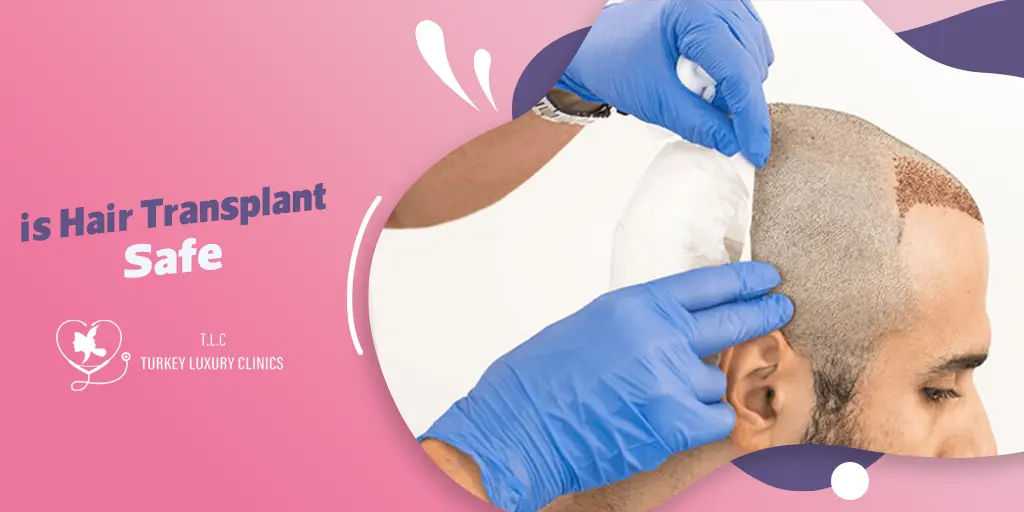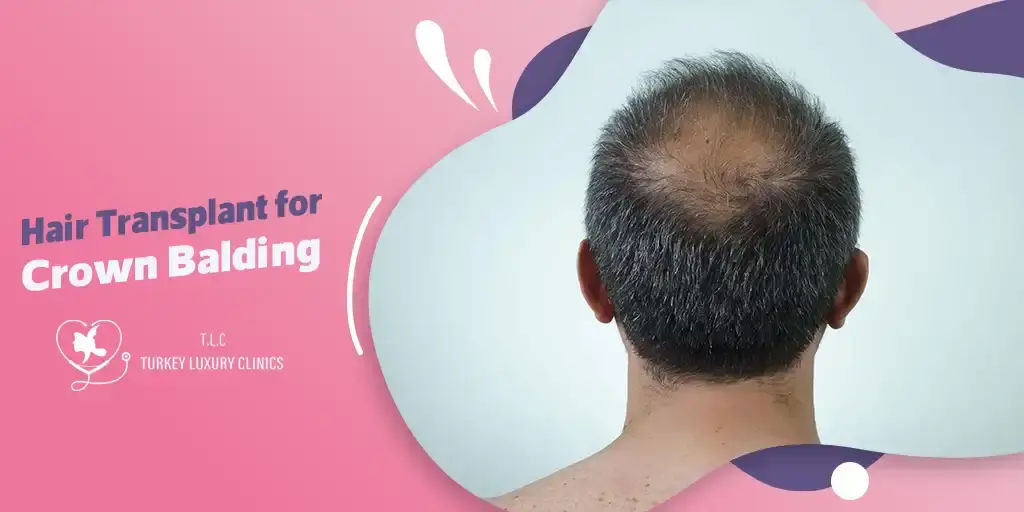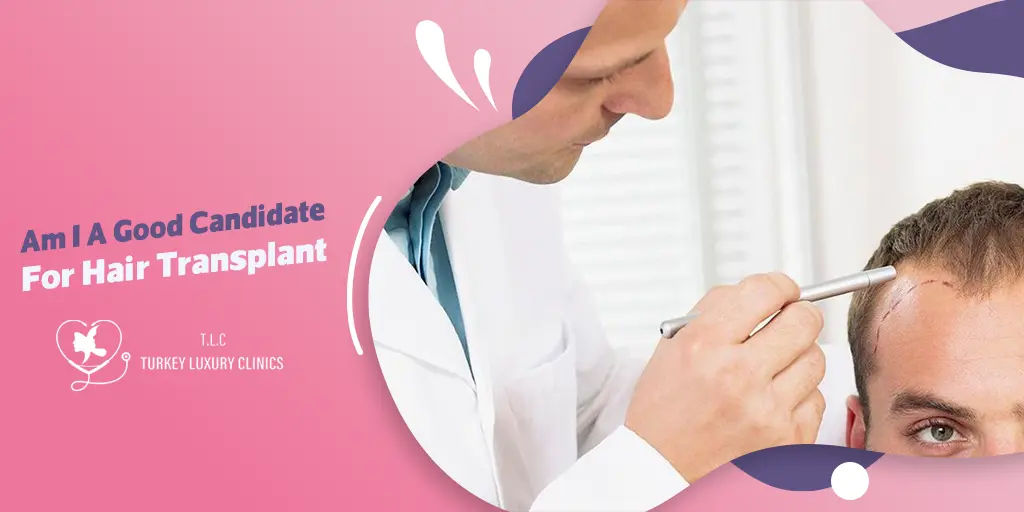- -
- - The Safety of Hair Transplants
- - Who is a Good Candidate for Hair Transplant Surgery?
- - The Efficacy of Hair Transplant
- - Risks and Side Effects
- - Benefits of Hair Transplants
- - Book your Appointment
Yes, a hair transplant is generally considered a safe procedure when performed by qualified professionals. However, like any surgical operation, it carries a small risk of side effects such as bleeding, infection, or an allergic reaction to the anesthesia.
Hair loss can be a distressing condition, affecting self-esteem and overall appearance. Worldwide, some form of hair loss is experienced by approximately 60% of men and 50% of women. To combat this problem, people often turn to over-the-counter products, including topical treatments such as Minoxidil.
As hair transplant technology advances, more individuals are considering this procedure to restore their hair. But is hair transplant safe in 2024? Here, we'll delve into the latest information, risks, benefits, and success rates of hair transplants to help you make an informed decision.
The Safety of Hair Transplants
Hair transplant surgery is generally considered safe when performed by a qualified and experienced surgeon in a sterile environment. The procedure involves transplanting hair follicles from a donor area (usually the back of the head) to the balding or thinning areas.
Simply put, a hair transplant is the removal of hair that you do have and its transfer to an area where you don't have any hair. It's typically taken from the back of the head, but can also be taken from other parts of the body.
Before starting the transplant procedure, your surgeon will sterilize the area from which the hair will be taken and numb the area with a local anesthetic. You may also request sedation. This will put you to sleep during the procedure.
Who is a Good Candidate for Hair Transplant Surgery?
Candidates for hair transplant surgery should have healthy hair growth at the back and sides of the head to serve as donor areas, which are the places on the head from which grafts are taken. Please note that all hair replacement techniques utilize your own hair.
The objective of surgical procedures is to identify the optimal utilization of existing hair. It is important to remember that there are limits to what can be accomplished. It is not advisable to recommend hair transplant surgery to individuals with very little hair.
The Efficacy of Hair Transplant
The success rate is a question that many people have, and your concerns in this regard are completely valid. Hair transplantation is typically more successful than over-the-counter hair restoration treatments. But there are several factors to consider:
- Between 10 and 80 % of transplanted hair will fully regrow in an estimated 3 to 4 months.
- Transplanted hair will become thinner over time just like normal hair.
- Transplants may be less effective in people with dormant hair follicles (sacs that normally contain hair under the skin but no longer grow hair).
- Plasma can help people who have dormant hair follicles to grow back up to 75% of their hair follicles.
That's why hair transplants don't work for everyone. They're mainly used to restore hair if you have natural baldness or thinning, or if you've lost hair due to injury.
However, hair transplant surgery may not be as effective for treating people with:
- Widespread thinning of hair and baldness
- Hair loss due to chemotherapy or other drugs
- Injuries causing thick scalp scars
In terms of numbers, a study revealed that the majority of individuals who underwent FUE using a combination of body or beard hair and scalp hair expressed satisfaction with the results. Among the 79 participants, the average overall satisfaction score was 8.3 out of 10.
Risks and Side Effects
As with any surgical procedure, hair transplants carry some risks. Common side effects include:
- Bleeding and Infection: These are rare but possible risks. Proper post-operative care can minimize these risks
- Scarring: FUT can result in a linear scar, while FUE results in tiny, dot-like scars that are usually less noticeable
- Shock Loss: Temporary loss of transplanted hair, which usually regrows within a few months
- Cysts: The transplantation of multiple grafts may result in the formation of one or more cysts. They usually disappear by themselves after a few weeks.
- Itching and Swelling: Minor side effects that can be managed with medication and proper care
Benefits of Hair Transplants
The primary benefit of a hair transplant is the restoration of a natural-looking hairline, which can significantly boost confidence and self-esteem. Other benefits include:
- Permanent Results: Transplanted hair is generally permanent and resists the balding process
- Minimal Downtime: Especially with FUE, patients can return to normal activities relatively quickly.
- Natural look: The FUE allows for a natural hairline and leaves the donor area with no scars.
Book your Appointment
Hair transplants in 2024 are safer and more effective than ever, thanks to advancements in technology and techniques. However, it is crucial to choose a qualified and experienced surgeon to minimize risks and ensure optimal results.
For over 22 years, our medical team has been dedicated to providing the highest standard of care for hair transplant surgeries. Our doctors have received extensive training and hold certifications from leading universities and medical facilities, ensuring our patients receive the best possible care. Contact Turkey Luxury Clinics today to restore your hair and achieve the natural look you desire.













.webp)
.webp)
.webp)
.webp)

